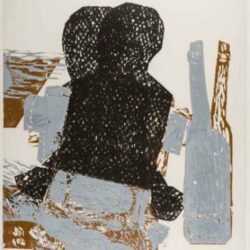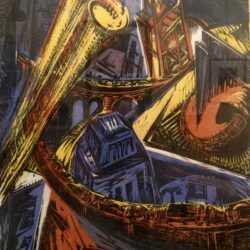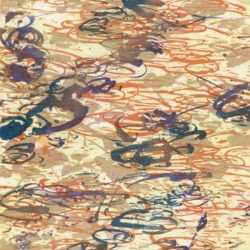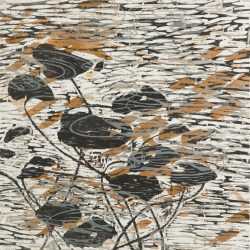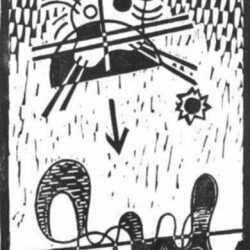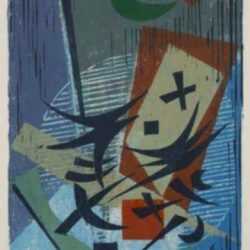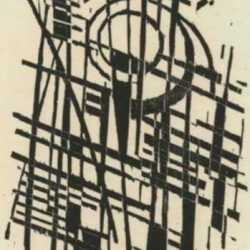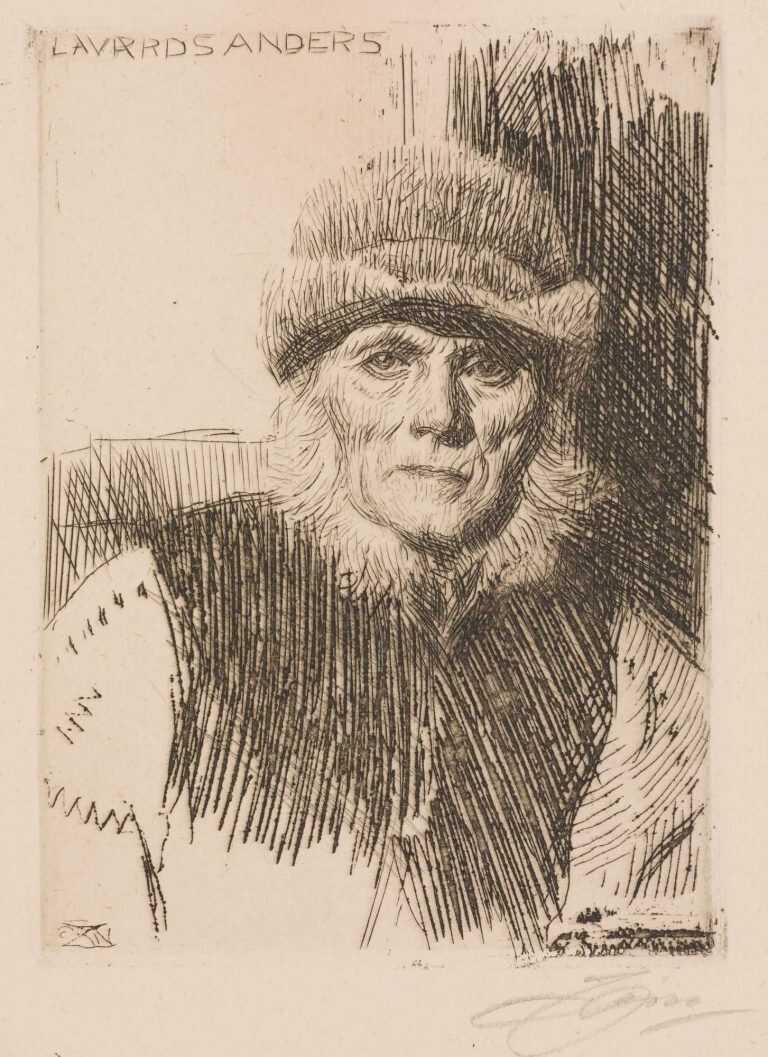Filter by Type
Filter by Category
Filter by Size
Filter by Year
Exhibitions
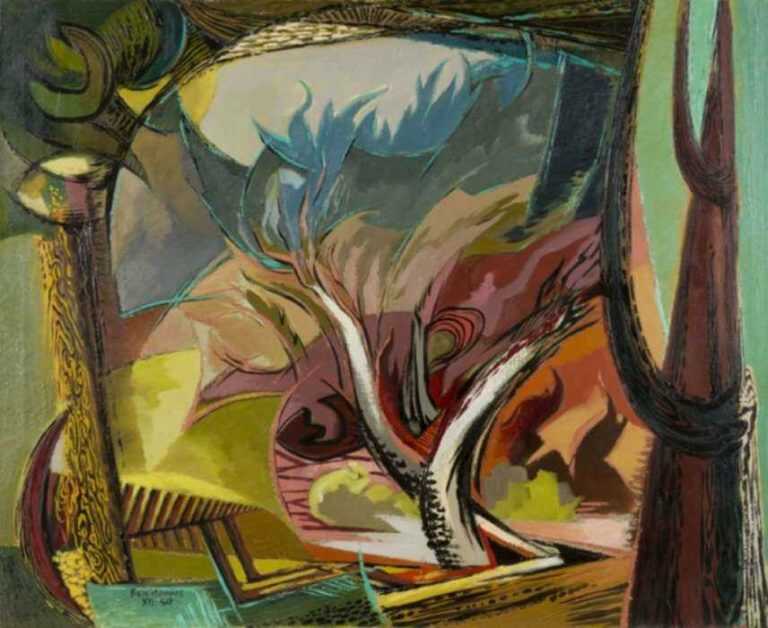
Ben Norris: Botanical Oasis
Press Release:
Ben Norris’ vibrant landscapes teem with creeping vines, tropical flowers, and encroaching vegetation. His watercolors and paintings of tranquil gardens and lush rainforests transport the viewer to a leafy, verdant paradise. Inspired by a lifelong interest in botany and a “fascination with the riot of greens and shapes of plants in forest scenes,” Ben Norris painted his natural surroundings throughout his life – from the Hawaiian Rainforest to the Brooklyn Botanic Garden.
Born in Redlands, California in 1910, Norris attended Pomona College. After graduating he won a fellowship to Harvard University and later studied at the Sorbonne in Paris. By 1936, Norris moved to Hawaii where he would spend the majority of his career.
Though earlier associated with the Southern California Watercolorists, Norris’ time in Hawaii prompted changes in his artistic direction. As Chairman of the Art Department at the University of Hawaii, Norris invited distinguished artists including Max Ernest, Stanton McDonald-Wright, Jean Charlot, and Josef Albers as visiting professors or artists-in-residence. From these interactions Norris’ work took on decidedly more modernist and surrealistic tones, as seen in Landscape Study II. Applying this new style to the Hawaiian scenery, the artist painted landscapes with sweeping forms and dynamic color that captured the wild beauty of the islands through the lens of abstraction. Norris noted that his works during this period “were increasingly becoming experiments in new ways of seeing and expressing art.”
As a teacher, academic, and artist, Norris had an unquenchable thirst for knowledge and continued to master new stylistic methods throughout his career. After retiring to New York in the 1970s, Norris turned to large scale watercolors as the preferred medium for his verdant scenes. Periodically returning to Hawaii for inspiration, the artist photographed the islands’ lush vegetation, particularly that of the Manoa Valley. Upon taking the images back to his stateside studio, Norris used hyperrealism to capture the forest flora in accurate color and light.
While in New York and surrounded by the bustle of the city, Norris found respite, and inspiration, in the Brooklyn Botanic Garden. In the 1990s, the artist began a series of large format watercolors depicting the various delights found in the Garden’s urban oasis. Norris didn’t limit his visits to the green seasons, but rather found enjoyment there throughout the year: “I especially loved the greenhouses in winter, the Japanese garden in spring, and the cool in the shade of the plane trees in summer.”
Through the different stylistic variations of his long career - modern, abstract, realist, and everything in between - Ben Norris’ love and appreciation of nature is apparent. No matter the decade, style, or media of his work, the artist has taken care to visually express the feeling and ambiance of the outdoors, successfully transporting his audience around the world to rainforests, valleys, gardens, and beyond. One can enjoy the breeze, feel the heat, and smell the flowers in Norris’ botanical worlds.
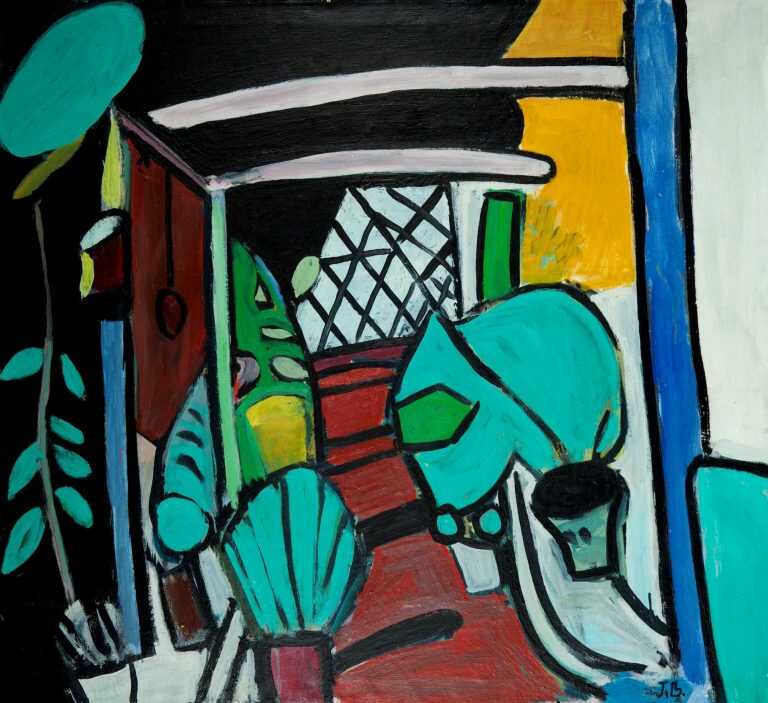
Jason Berger: Motifs En Plein Air
Press Release:
Boston Expressionist painter Jason Berger is revered for the vivid colors and startling immediacy of his vibrant landscapes. Working en plein air, Berger painted landscapes, gardens, and cafes directly from nature. “The sun always shines on Jason Berger’s landscapes,” wrote Art New England critic Meredith Fife Day, “Flowers bloom in profusion, trees make robust sweeps across the horizon…With a Fauve palette, an expressionist brush, and assured academic draftsmanship underlying both, the artist takes his easel out into the world filled with visual joie de vivre.”
Jason Berger was born in the Boston area in 1924. Attracted to art from a young age, he studied at the School of the Museum of Fine Arts, Boston. There he took classes under Karl Zerbe, and became associated with fellow students David Aronson, Jack Kramer, and Arthur Polonksy as a part of the Boston Expressionist movement.
While Berger’s plein air landscapes radiate with a sense of spontaneity, he was also a creature of habit, returning continuously to the same locations throughout his career. He painted familiar motifs again and again, sometimes decades apart. Berger’s methodology included the initial painting onsite, which was then brought back to his studio to provide inspiration for future work. Changes in color, shape, and composition allowed Berger to play with the familiarity of his favorite locales while exploring a developing visual language related to that place. Berger felt that a single image could do neither his subject nor his imagination justice. After his plein air work was complete, the process of creation was not yet finished: “I find that when a motif really interests me, I do many variations in the studio, as I cannot express all my feelings in just one painting.”
Sites visited and revisited by Berger include locations both near and far. Depictions of the Boston Public Garden and the city of Revere are on view alongside images of Portuguese gardens, the coast of Normandy, a boatyard in Edam, Netherlands, and a beloved house in France. Berger’s use of recurring motifs in these works emphasizes the importance of these places for both their initial impact on the artist and the future creativity they inspired. His exuberant landscapes blend the spontaneity of plein air painting with the familiarity of repeated viewing, resulting in an array of fascinating variations.
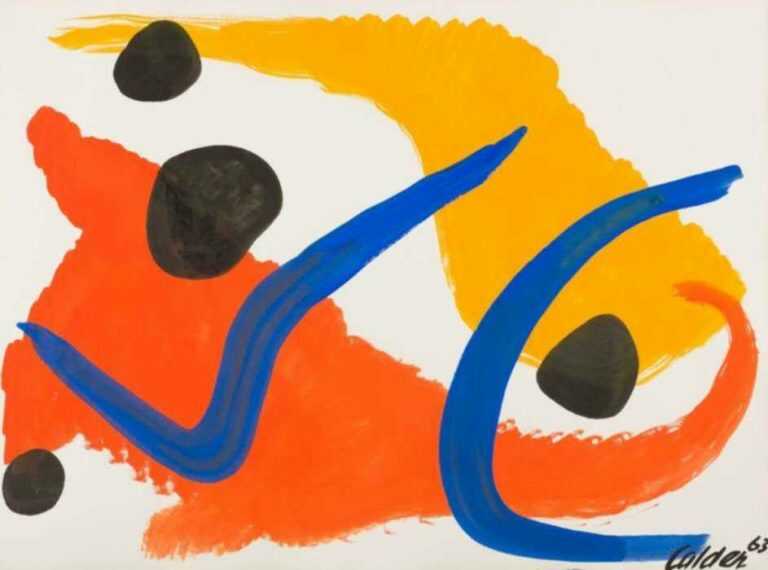
Sculptors on Paper
Press Release:
On view at Childs Gallery May 3 to August 19, 2018, Sculptors on Paper offers a glimpse at drawings and prints by artists famously known for their work in sculpture. Featuring both preparatory and fully realized artwork, the exhibition allows viewers to consider the relation between the artists’ interpretation of the two- and three-dimensional.
Artwork on view includes gouaches by Alexander Calder, drawings by Donald De Lue and Dudley Vaill Talcott, and prints by Louise Nevelson, Henry Moore, and Victor Vasarley, among others. Each artist’s translation of idea to paper is unique, and contextualizing these works within a larger artistic oeuvre invites a compelling examination on the interplay between different media. Calder’s whimsical shapes and bold colors easily and charmingly transcribe onto a flat surface. De Lue’s resolute figures are instantly recognizable in preparatory drawings for major sculptural commissions. Nevelson’s monochromatic compartmentalization brings an introspective depth to her prints. Analyzing these artists and their works through the lens of a different medium yields surprisingly informative new perspectives of both the maker and the object.
Included Works

Bernard Brussel-Smith: People, Places, & Things
Included Works
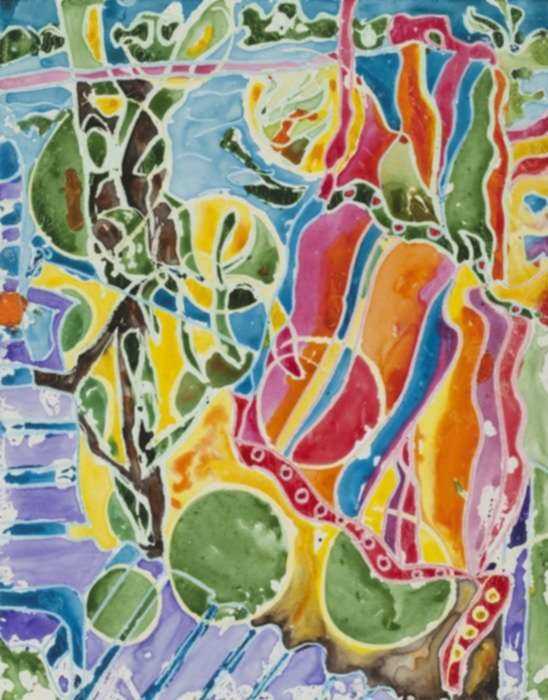
Life Is a Beautiful Place: A Radical Collaboration

Sara Zielinski: Prints from this Doll’s House
Included Works
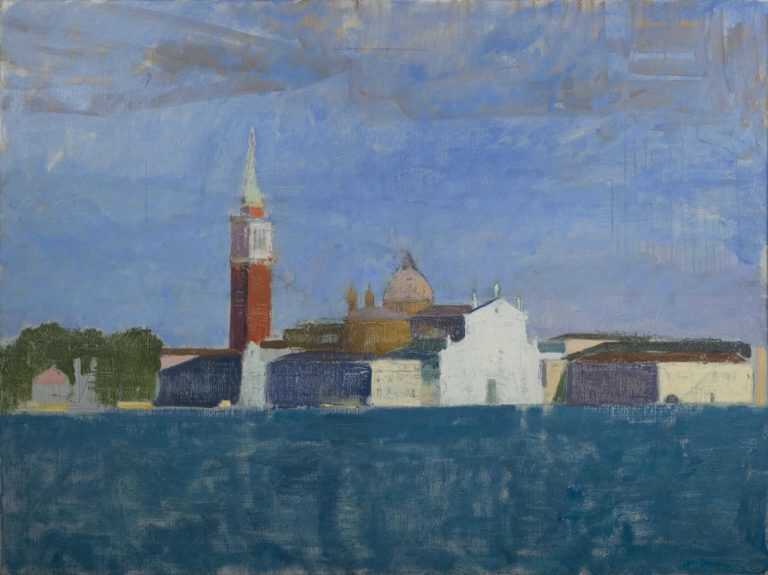
La Serenissima: Views of Venice
Press Release:
Few places in the world have sparked the collective artistic consciousness as has Venice. From its earliest moments as a critical hub of trade between the East and West, to its artistic fourishing in the Renaissance and Baroque eras, to its instrumental role in Contemporary Art, the ethereal beauty of Venice continues to inspire and delight the eye.
La Serenissima: Views of Venice will feature paintings, prints, and photography of Venice from the 19th Century to today. Many of these works refect the enduring infuence of one of Venice’s most famous portrayers, James Abbott McNeill Whistler (1834-1903). Whistler’s atmospheric interpretations capture “the essence of the crumbling city: its texture, its light, its distinctive enclosed streets and piazze, and its unique ‘foating’ quality.” Venice—known as La Serenissima, The Most Serene—continues to fascinate and inspire generations of artists.
Included Works
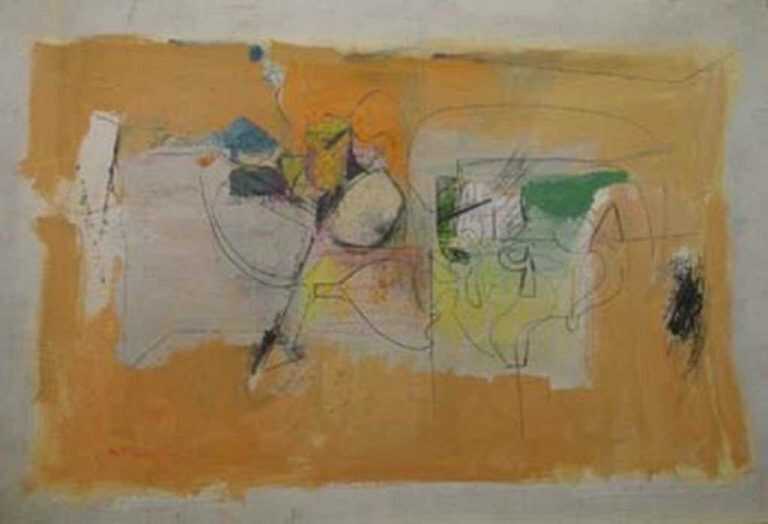
Henry Botkin: From Realism to Abstraction
Press Release:
Childs Gallery is pleased to present the exhibition Henry Botkin: From Realism to Abstraction, on view from November 16, 2017 to January 7, 2018. Henry Botkin (1896-1983) was a mid-century American modernist equally known as a painter, a collage artist, and for his work as a proponent of abstract art. Botkin’s oeuvre can be defined by three distinct styles—School of Paris Modernism, Cubism, and Abstract Expressionism. The exhibition leads the viewer through each phase of Botkin’s work from realism to abstraction.
Botkin studied at the Massachusetts College of Art before moving to New York City, where he worked as an illustrator for publications such as Harper’s. By the 1920s Botkin had moved to Paris, establishing a studio with the assistance of his cousins George and Ira Gershwin. Throughout the 1920s and 30s, his work was heavily influenced by artists of the School of Paris, including Jules Pascin,
Marc Chagall, and Chaim Soutine. Botkin later returned to New York and in the late 1930s began to develop a new Cubist approach to his painting.
By the late 1940s, Botkin was fully immersed in the Abstract Expressionist movement then taking hold of the New York art scene. His interest in collage dominated his work for the remainder of his life.
While each of the three styles is considered distinct, music can be seen as the common thread throughout his artistic output. In the 1930s, the impact of Gershwin’s opera “Porgy and Bess” is readily apparent in works such as Woman in Boat, Folly Island. In the 1940s, musicians holding mandolins appear, and in the 1950s, works with titles such as Rhythm No. 3, and Hidden Melody are indicators of the artist’s love of music.
Botkin’s work can be found in the collections of the Hirshhorn Museum and Sculpture Garden, Washington D.C., the Mississippi Museum of Art, Jackson MS, the Hilliard University Art Museum, Lafayette LA, and the Rose Art Gallery, Waltham MA.

The Modern Cut: Woodcuts & Linocuts since 1900
Press Release:
Childs Gallery is pleased to present The Modern Cut: Woodcuts and Linocuts since 1900, on view November 2 – December 24, 2017. From the immediacy of German Expressionist woodcuts, to the streamlined geometry of Grosvenor School linocuts, this exhibition showcases the relief printmaking techniques of woodcut and linocut in the 20th and 21st centuries. The exhibition includes examples by Milton Avery, Leonard Beaumont, Letterio Calapai, Susan Crile, Werner Drewes, Paul Endres, Jr., Max Pechstein, David Siqueiros, and Lill Tschudi.
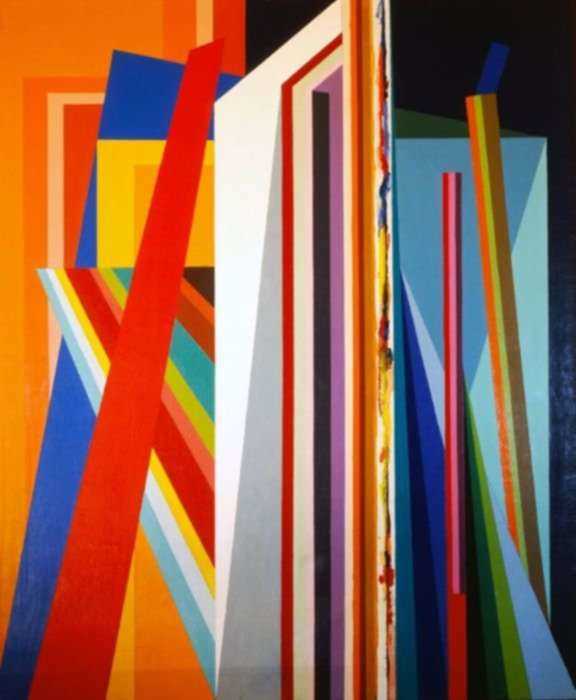
Robert S. Neuman: Sixty Years in Paint
Press Release:
Childs Gallery is proud to present Robert S. Neuman: Sixty Years in Paint, an exhibition celebrating the prolific career of American artist Robert S. Neuman (1926-2015). Over the course of more than six decades, Neuman – a second-generation Abstract Expressionist – bridged the gap between gestural and geometric abstraction. His richly pigmented paintings fuse form, content, and vibrant color to explore the visual language of landscape, voyage, and globalization.
Robert S. Neuman: Sixty Years in Paint is on view at Childs Gallery from September 27 through November 12, 2017. An opening reception will be held on Wednesday, September 27th from 6 pm to 8 pm.
Childs Gallery’s show coincides with a major retrospective exhibition of Neuman’s work, Impulse and Discipline: 60 Years of Painting by Robert S. Neuman, 1950 – 2010, at Keene State College’s Thorne-Sagendorph Art Gallery, on view from September 22 through December 6, 2017.
A prolific painter, Neuman’s career spanned more than six decades. From 1947 to 1953 Neuman was active in the San Francisco Bay Area, completing his Master of Fine Arts degree at the California College of the Arts in 1951 and holding faculty appointments at the San Francisco College of Fine Arts and the California College of Arts and Crafts. While in California, he exhibited alongside a number of established and emerging West Coast painters, including Richard Diebenkorn, David Park, Elmer Bischoff, Wayne Thiebaud, and Clyfford Still. The influence of the Bay Area School is evident in Neuman’s use of broad surface treatments, calligraphic drawings, energized expression, and a full color palette.
In 1953, Neuman was awarded a Fulbright Grant for painting, which brought him to Stuttgart, Germany to study with the abstract artist Willi Baumeister. In 1956, he received a Guggenheim Foundation Fellowship which allowed him to spend a year in Barcelona, Spain. In between these prestigious awards, Neuman left California and settled on the East Coast, where he went on to teach at SUNY New Paltz, NY, Massachusetts College of Art, MA, Brown University, RI, Harvard University, MA, and Keene State College, NH. As a result of his travels, Neuman’s oeuvre illustrates a remarkable combination of influences, imbuing his paintings with a dramatic universality.
Neuman has worked in series throughout his career, each one representing a response to a different symbol, place, or idea, and each with its own distinct visual language. Neuman's first major series was The Black Paintings, catalyzed by his experience studying in post-war Germany as a Fulbright Fellow in 1953. His Barcelona Series, begun in 1956 during his time studying in Barcelona as a Guggenheim Fellow, reflects the city’s culture with bright colors and broad, gestural brush strokes. In the 1960s, Neuman’s art evolved into geometric abstraction, often verging on symbolism. The Pedazos del Mundo, begun in 1961, use the recurring visual language of concentric circles to symbolize the many fragmentations of our world. Space Signs, begun in 1966, continues to use the symbol of the circle to create bright, crowded geometric landscapes. In 1980, Neuman began the Lame Deer Series, vivid chromatic representations of the Western American landscape, inspired by a visit to a Native American reservation near Lame Deer, Montana. Other series include Abstract Figures, Abstract Landscapes, Alhambra, Diamond Canvases, Mirage, Rose Paintings, Stacks and Piles, Voyage, and his Ship to Paradise prints.
Neuman’s work is in numerous public collections including the Museum of Fine Arts, Boston; Museum of Modern Art, New York; San Francisco Museum of Modern Art; Carnegie Museum of Art, Pittsburgh, PA; Boston Public Library; Currier Museum of Art, Manchester, NH; DeCordova Museum and Sculpture Park, Lincoln, MA; Farnsworth Art Museum, Rockland, ME; Worcester Art Museum, Worcester, MA; Harvard University Art Museums, Cambridge, MA; List Visual Arts Center, Massachusetts Institute of Technology, Cambridge, MA; Davis Museum and Cultural Center, Wellesley College, Wellesley, MA; Rose Art Museum, Brandeis University, Waltham, MA; and many others.

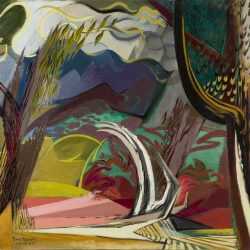
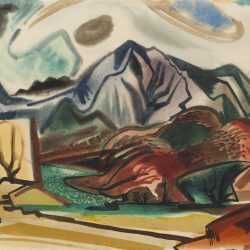
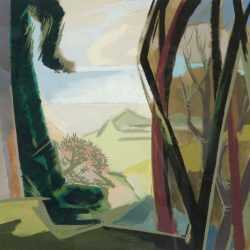
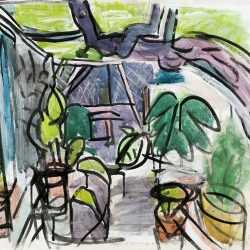
![Watercolor by Jason Berger: [Garden Path, Boston Public Garden], available at Childs Gallery, Boston](https://childsgallery.com/wp-content/uploads/jason-berger_garden-path-boston-public-garden_childs_gallery_9428-250x250.jpg)
![Print by Karel Appel: [Abstract Composition with Face], represented by Childs Gallery](https://childsgallery.com/wp-content/uploads/karel_appel__abstract_composition_with_fac_15-15-02_childs_gallery-1-250x250.jpg)
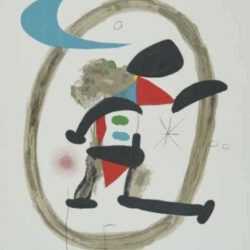
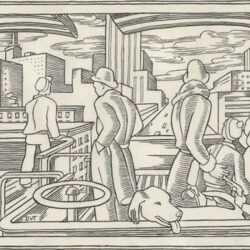
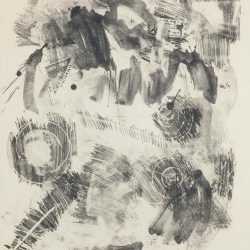
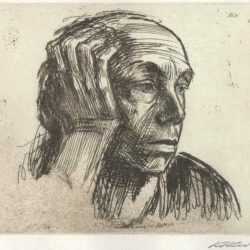
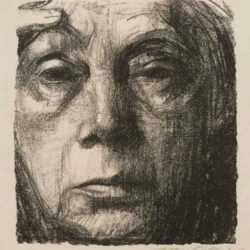
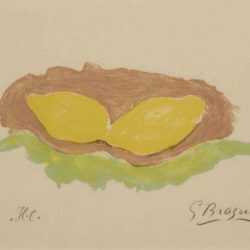
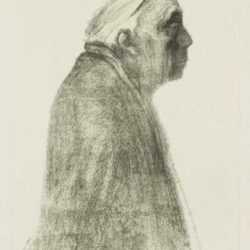
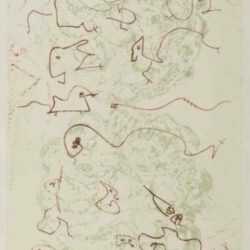
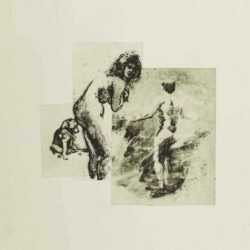
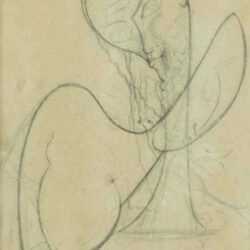
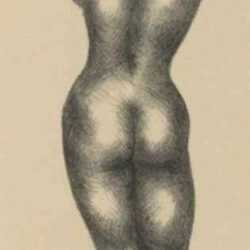
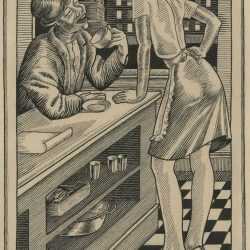
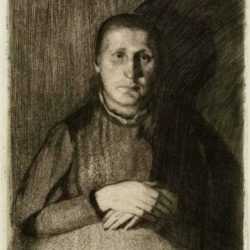
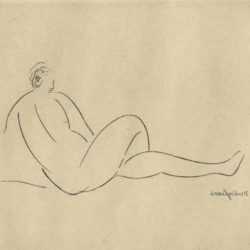
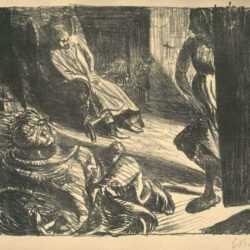
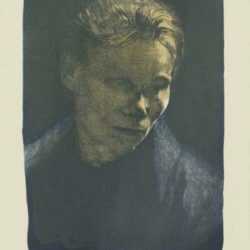
![Print by Käthe Kollwitz: Frauenkopf [Female Head], represented by Childs Gallery](https://childsgallery.com/wp-content/uploads/k_the_kollwitz_frauenkopf__female_head__18-01-52_childs_gallery-250x250.jpg)
![Print by Käthe Kollwitz: Sitzender Mannlicher Akt [Sitting male nude], represented by Childs Gallery](https://childsgallery.com/wp-content/uploads/k_the_kollwitz_sitzender_mannlicher_akt__sitt_18-01-50_childs_gallery-250x250.jpg)
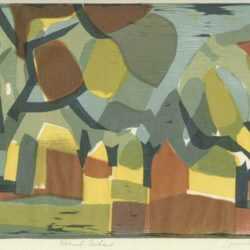
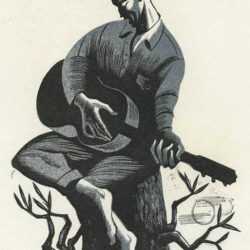
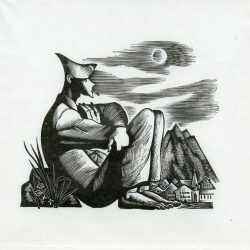
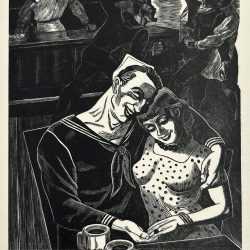
![Print by Bernard Brussel-Smith: [Pier 5, East River, New York City], represented by Childs Gallery](https://childsgallery.com/wp-content/uploads/bernard_brussel-smith__pier_5__east_river__new_york__p3100-214-001_childs_gallery-250x250.jpg)
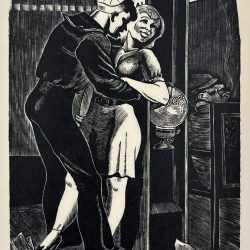
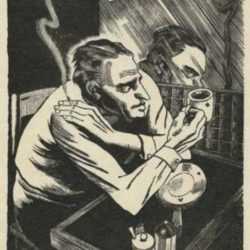
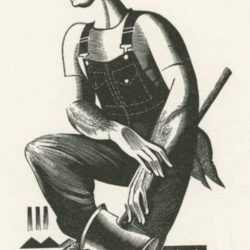
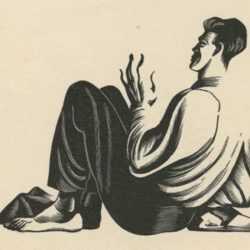
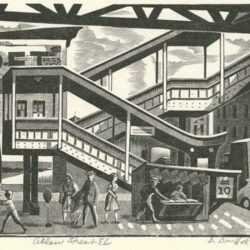
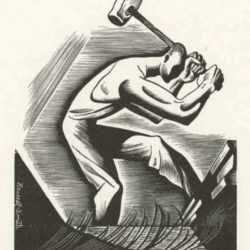
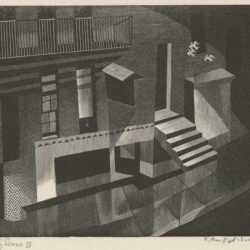
![Print by Bernard Brussel-Smith: City Scene I [New York], represented by Childs Gallery](https://childsgallery.com/wp-content/uploads/bernard_brussel-smith_city_scene_i__new_york__p3100-033-021_childs_gallery-250x250.jpg)
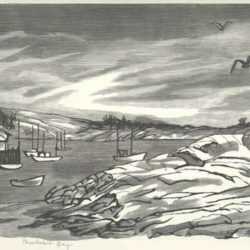
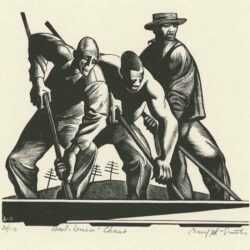
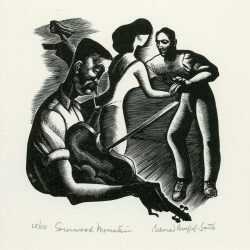
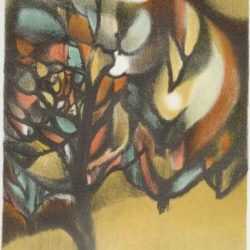
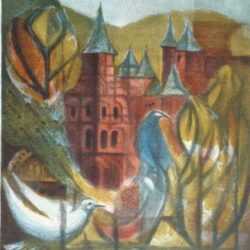
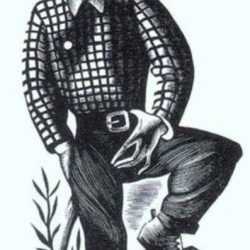
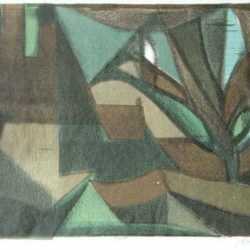
![Print by Bernard Brussel-Smith: Self Portrait [1], represented by Childs Gallery](https://childsgallery.com/wp-content/uploads/bernard_brussel-smith_self_portrait__1__p3100-141-005_childs_gallery-250x250.jpg)
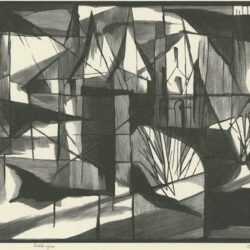
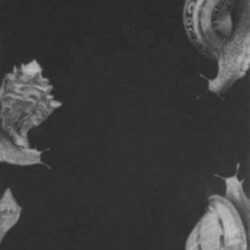
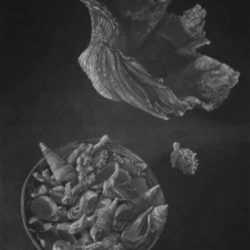
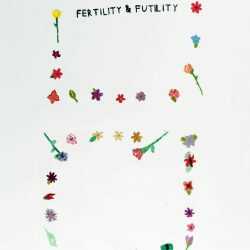
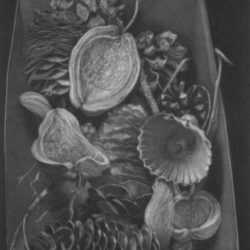
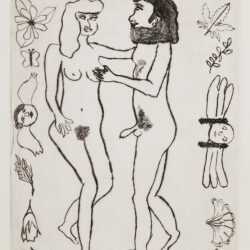

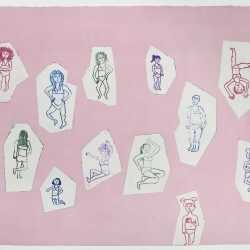
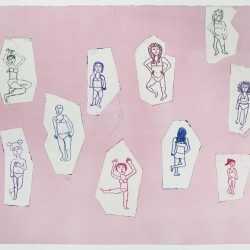
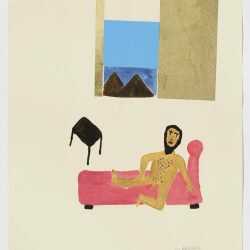
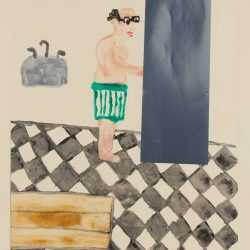

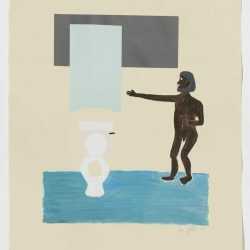
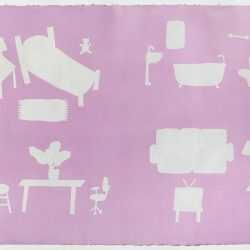
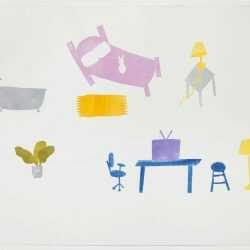

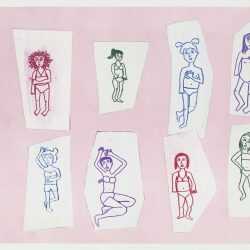
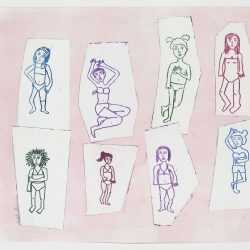

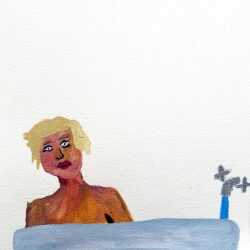
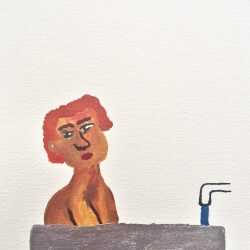

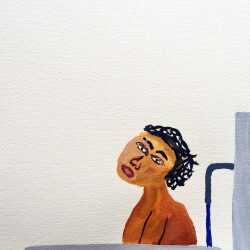
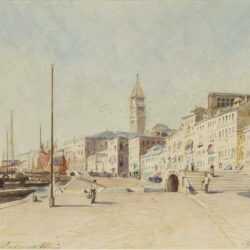
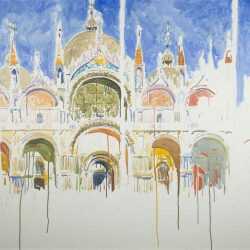
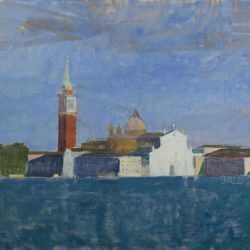
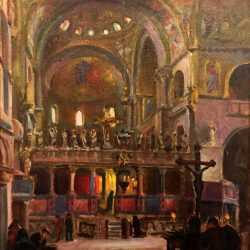
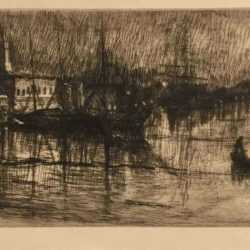
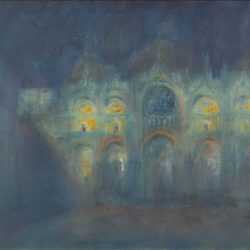
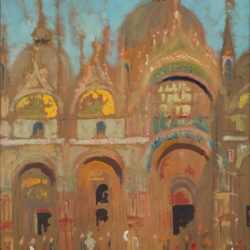
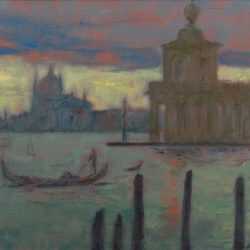
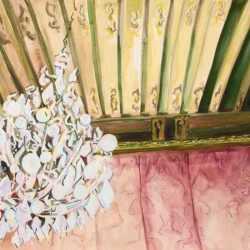
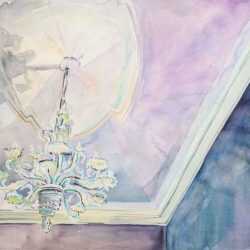
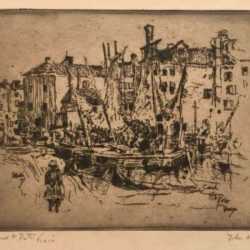
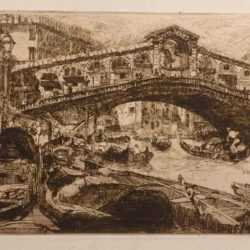
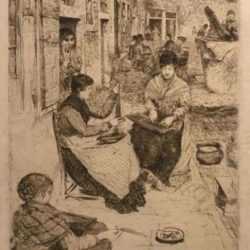
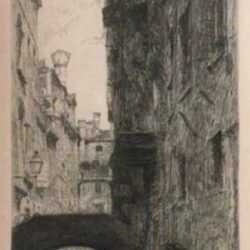
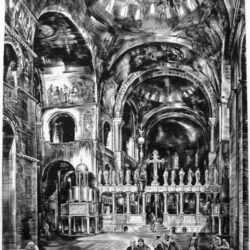
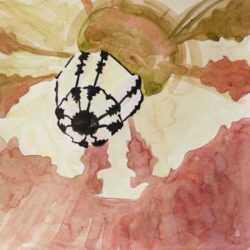
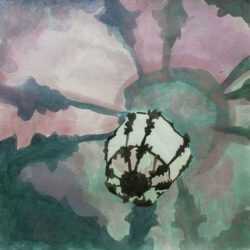
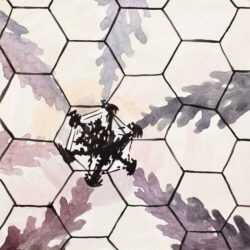
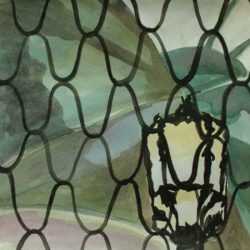
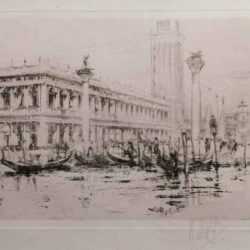
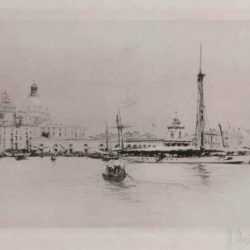
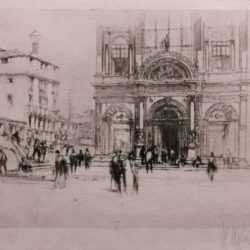
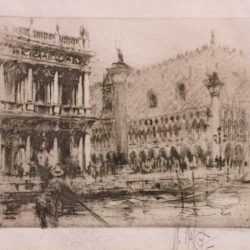
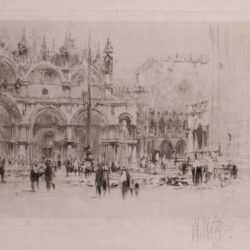
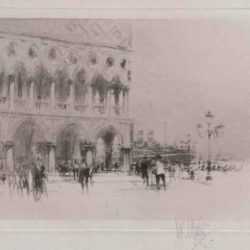
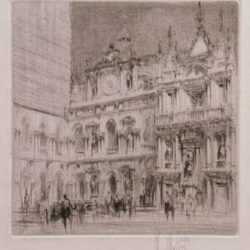
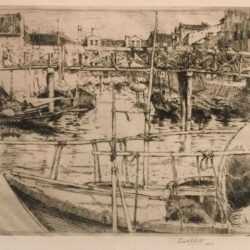
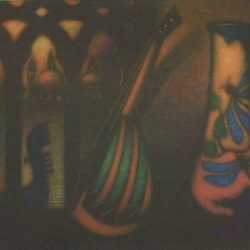
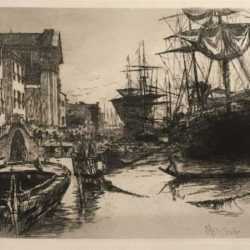
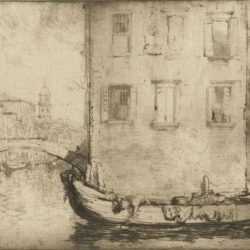
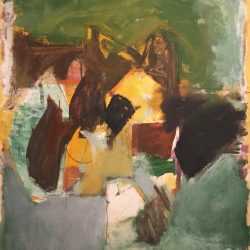
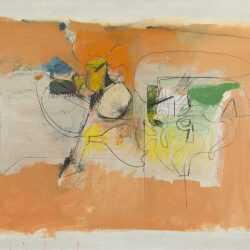
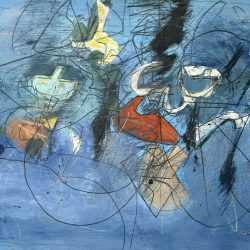
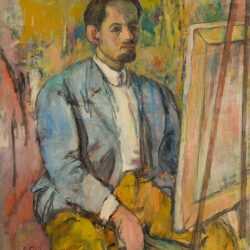
![Painting By Henry Botkin: [people On Beach] At Childs Gallery](https://childsgallery.com/wp-content/uploads/henry_botkin_people_on_beach_cgl39310-8000_childs_gallery-250x250.jpg)
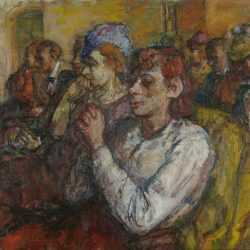
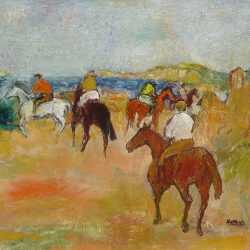
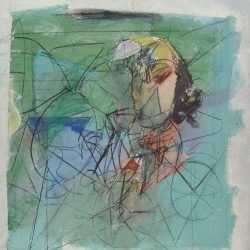
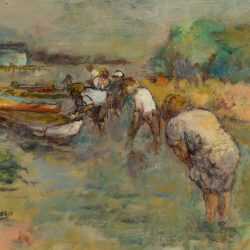
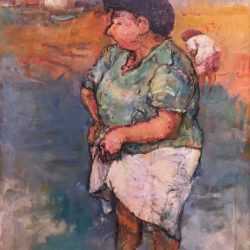
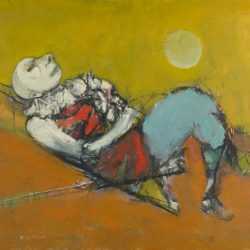
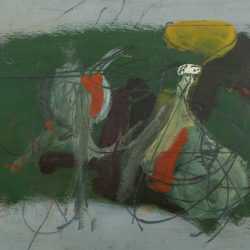
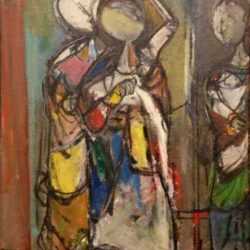
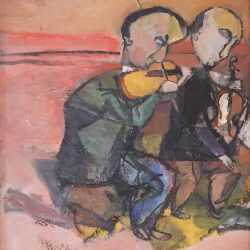
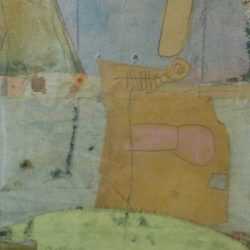
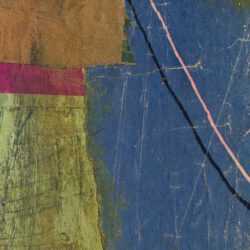
![Print by Osmeivy Ortega Pacheco: Paisaje [Landscape], represented by Childs Gallery](https://childsgallery.com/wp-content/uploads/osmeivy_ortega_pacheco_paisaje__landscape__bb1255-01_childs_gallery-1-250x250.jpg)
